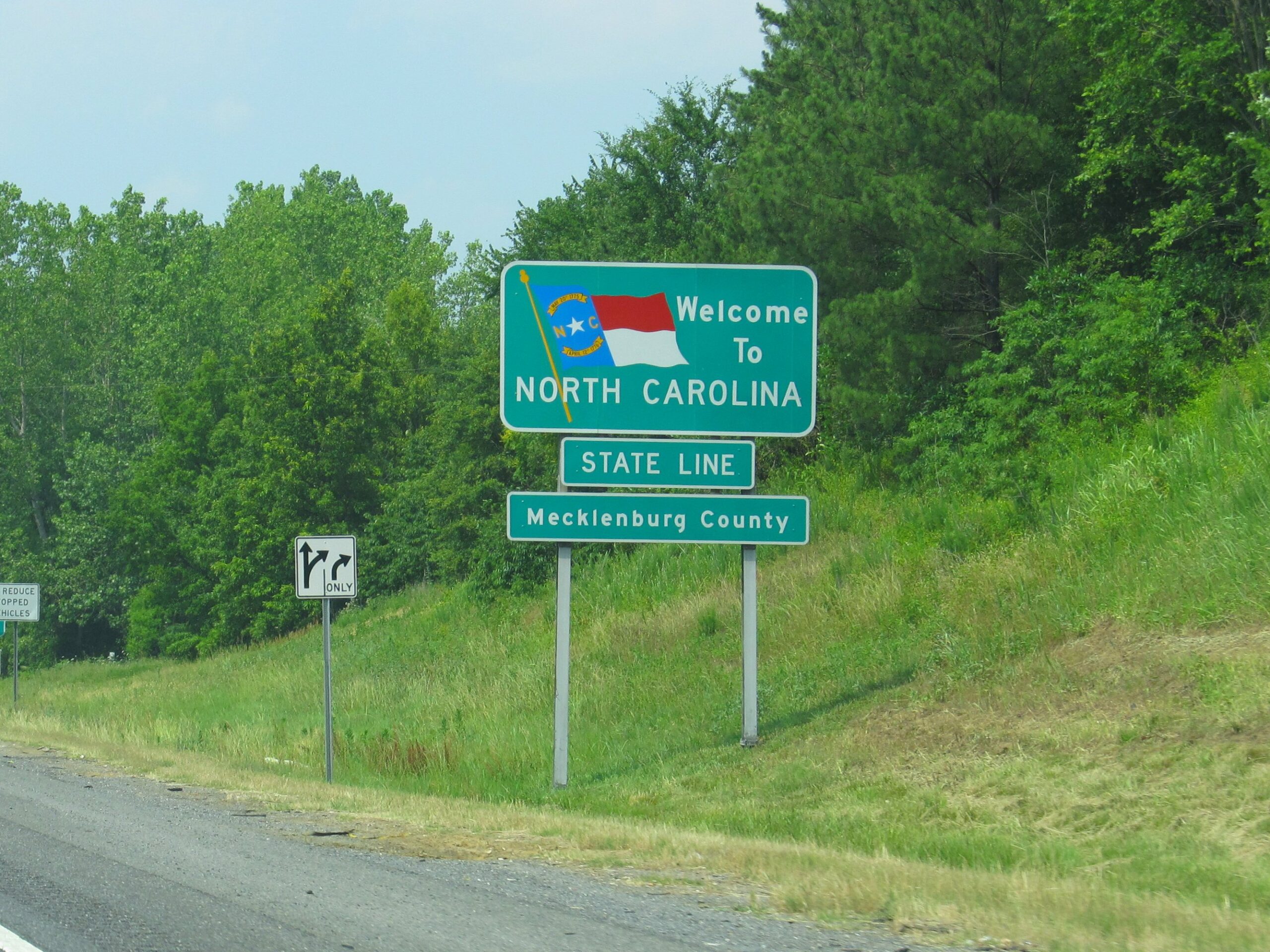In North Carolina, the Charlotte Regional Transportation Planning Organization (CRTPO) is moving forward with a public-private partnership (P3) to further an I-77 Tollway project that could be the most expensive transportation initiative in state history.
The I-77 South Express Lanes Project, led by the North Carolina Department of Transportation (NCDOT), will develop toll infrastructure and widen lanes along I-77 from uptown Charlotte to the South Carolina border. The project looks to expand the current highway, which hasn’t been widened since the 1990s, from four lanes to six lanes. Estimated to cost over $3.7 billion, the project will reconstruct almost every intersecting roadway along 11 miles of the highway.
RELATED: $54 million public-private partnership to bring battery rail to Boston
“We’ve got a corridor that’s got a very high crash rate compared to other similar corridors,” NCDOT Engineer Brett Canipe said in the CRTPO October board meeting. “[The crash rate] is two and a half times that of other corridors and most of that is caused by congestion.”
Introduced initially in the state’s Transportation Improvement Plan in 2014, the I-77 South tollway project has been in the works for almost a decade. Now, after receiving CRTPO approval, the project is set to reduce congestion, mitigate fatal crashes and offer a more efficient travel option along one of the busiest highways in North Carolina, which 300,000 people travel daily.
NCDOT claims a traditional toll was not financially feasible due to state budget constraints. Offering flexibility and financing options, the pursuit of a P3 agreement is one of the only options to move forward with the tollway project.
“By supporting the P3 delivery method, the CRTPO will keep one of the largest transportation projects in this state moving,” Charlotte Regional Business Alliance Chief Advocacy Officer Joe Bost said in the CRTPO September board meeting. “Leveraging the private sector to solve a complex transportation challenge means we receive industry innovation, flexibility and efficiency.”
P3s leverage the strengths of both government and private sectors, allowing governments to access private sector expertise, efficiency and funding while enabling private companies to engage in long-term projects with stable returns.
The benefits of P3s include accelerated project delivery due to streamlined processes, reduced public sector financial burdens through shared investment risks and improved service quality stemming from private sector innovation and operational efficiencies.
Currently, North Carolina allows for three P3 agreements to operate concurrently on state transportation projects in accordance with state law. Other than the I-77 South Tollway project, there is only one active P3 project in the state, the Mid-Currituck Bridge project. This project, also located in Mecklenburg County, is currently one of the most expensive projects in the state.
“No matter what the project is, big or small, you need competition to get the best deal and that is in front of us,” NCDOT Engineer Brett Canipe said in the CRTPO October board meeting. “But, without some other revenue source the money wouldn’t be there.”
The CRTPO’s approval for a P3 delivery will allow for $600 million in state funds to stay with the I-77 project, which officials anticipate will be enough to cover the public. Additionally, by approving the P3, the project will be eligible for $100 million in state bonus allocation financing.
Looking ahead, the NCDOT will create a working group with the CRTPO, industry stakeholders and organizational partners to develop project objectives and priorities to inform indicative terms.
This working group will balance a variety of key project objectives, including toll price adjustments in accordance with public and private feedback, defining the purpose of expressway and general-purpose lanes and encouraging a competitive bidding process with multiple fixed-price bids for potential partners.
Officials for the I-77 South Express Lanes Project anticipate releasing requests for qualifications (RFQ) in August 2025. NCDOT will begin drafting key terms and deliver them to the CRTPO board at least 60 days prior to publicly announcing RFQs to all qualified companies. Until then, the CRTPO board reserves their right to rescind support for the project.
Photo courtesy Ken Lund from Reno, Nevada, USA













